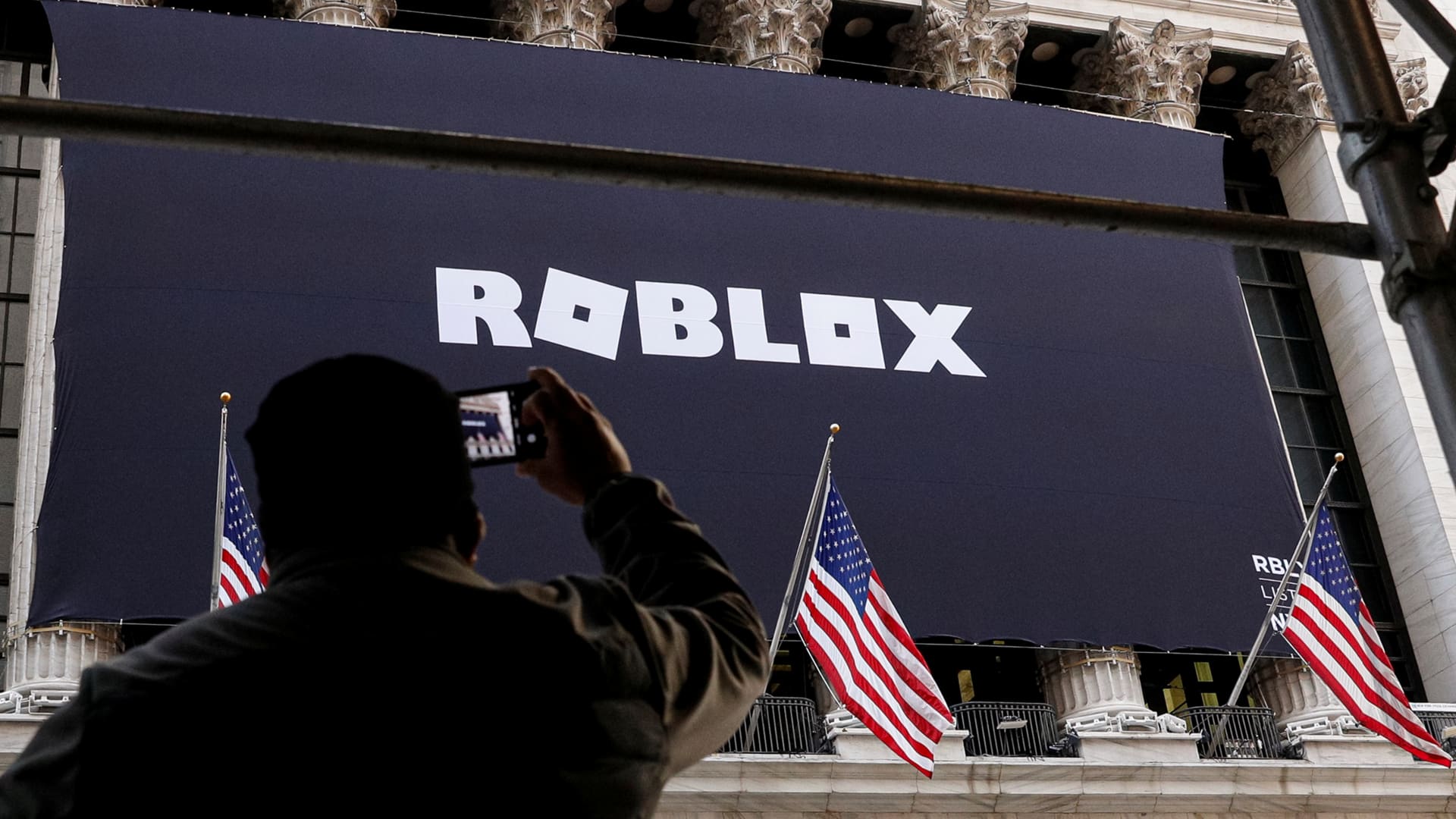British Intelligence Retracted Iraq Weapons Claim
In the run up to war, British Prime Minister Tony Blair – presenting a long-awaited dossier on Iraq – told parliament that Iraq may be only a year or two away from possessing a nuclear bomb, and has "military plans" for the use of chemical and biological weapons – "deployable within 45 minutes of an order to use them."
"Yet, according to a senior intelligence source interviewed by BBC1’s Panorama tonight, MI6 has since taken the rare step of withdrawing the intelligence assessment that underpinned the claim that (ousted president) Saddam Hussein had continued to produce WMD – an admission that it was fundamentally unreliable," reported the Observer Sunday.
"The charge leaves Blair open to serious questions over why, if the nature of the proof had changed, he did not tell the public that the evidence of WMD was crumbling beneath him.
"It will increase speculation that he may be forced to disown chunks of the controversial September dossier on banned weapons when Lord Butler publishes his report this week on the handling of intelligence on Iraq," said the paper.
It added that "after the undisclosed material emerged, John Scarlett – chair of the Joint Intelligence Committee which oversaw the dossier process – hardened up the draft dossier’s suggestion that Iraq ‘probably’ had more recently produced stocks of banned weapons to the assertion that it ‘has’ continued to produce them.
"That allowed Blair to claim dramatically that evidence received only ‘in recent months’ showed Saddam was still generating WMD."
Yet, the intelligence underpinning this claim was subsequently withdrawn by MI6, which decided it could not be relied upon, the senior intelligence source told the BBC.
This raised serious questions over the quality of the work that went into the dossier, and how far it can now be trusted, stressed the Observer.
Although it is not known exactly when MI6 changed its mind, the revelation will prompt calls for Blair to put the record straight publicly about what he knew and when, it predicted.
According to the BBC News Online, Dr Brian Jones, formerly of the Defense Intelligence Staff (DIS), told Panorama that no-one knew what chemical or biological agents had been produced since the first Gulf War and there was no certainty among intelligence staff that agents had been stockpiled.
"There was a reasonable assumption that there may have been some stocks left over from the first Gulf War.
"If there had been any other production, then we have not identified that it had taken place."
On October 5, 2003, former British Foreign Secretary Robin Cook had stressed that Blair privately admitted before the US-led invasion of Iraq that Saddam had no weapons of mass destruction that posed a "real and present danger", although he publicly claimed otherwise.
Judged Before God
The Archbishop of Canterbury, Rowan Williams, stressed Saturday, July 10, that Blair, a practicing Christian, would have to account for his decision over the Iraq war at "the judgment seat".
The top cleric was quoted in the Observer as saying: "When you acknowledge that you have taken a risk which has not paid off, which has cost, and that cost does not seem to be justified that’s the punishment."
Williams had warned Blair and US President George W. Bush against using religious language in their drive to wage war on Iraq.
"There is no war that is holy and good in itself and to bring the heavy artillery of a religious kind, to say that is the only way of resisting evil, is something that has to be watched out for," the archbishop told his first press conference on Friday, February 21, in reference to Bush’s use of the Christian imagery to justify war on Baghdad.
The new announcement came two days after the US Senate Intelligence Committee concluded Friday, July 10, that the CIA’s rationale to invade Iraq was "overstated, misleading or incorrect".



